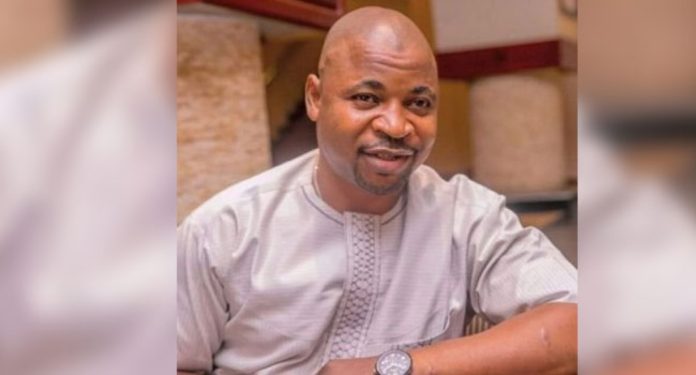In a landmark ruling, the Court of Appeal sitting in Abuja has declared Alhaji Tajudeen Ibikunle Baruwa as the legitimate National President of the National Union of Road Transport Workers (NURTW). This decision effectively overturns the election of Musiliu Akinsanya, popularly known as MC Oluomo, marking a pivotal shift in the leadership of one of Nigeria’s most influential transport unions.
The court’s ruling on Friday put an end to the legal contestation over the NURTW presidency, which has been characterized by intense rivalry, claims, and counterclaims. Justice delivered a unanimous judgment that favored Baruwa, highlighting procedural flaws and inconsistencies in the previous election process that elevated Akinsanya to the role. In addition, the appellate court imposed a fine of N100,000 against MC Oluomo, payable to Baruwa and his associates.
The ruling is expected to reshape the dynamics within the NURTW, an organization central to Nigeria’s road transport sector, with significant influence over transport policy, labour relations, and urban mobility. The legal battle between the two leaders has underscored a broader struggle within the union, reflecting diverse interests and political alliances.
Baruwa, who has previously served in various capacities within the union, has pledged to prioritize unity and the welfare of all NURTW members. In his reaction to the court’s judgment, Baruwa expressed gratitude to the judiciary for what he termed as “a victory for democracy, due process, and the rule of law.” He called on members to rally together, emphasizing reconciliation and growth.
Conversely, MC Oluomo, who rose to prominence through his leadership of the Lagos State chapter of the NURTW, has not publicly commented on the court’s decision. His tenure as NURTW president has been marked by both acclaim and controversy, with supporters lauding his organizational efforts and detractors accusing him of exacerbating union disputes.
Analysts predict that the judgment will have ripple effects beyond the NURTW, potentially influencing labor politics and union activities across Nigeria. As the dust settles on this high-stakes leadership tussle, stakeholders within the transport sector and government regulatory bodies are closely watching the union’s next moves.
The NURTW has long been a major player in Nigeria’s transport landscape, commanding significant economic and social influence. This latest twist in its leadership saga reaffirms the complex intersection of politics, unionism, and governance in Nigeria.



